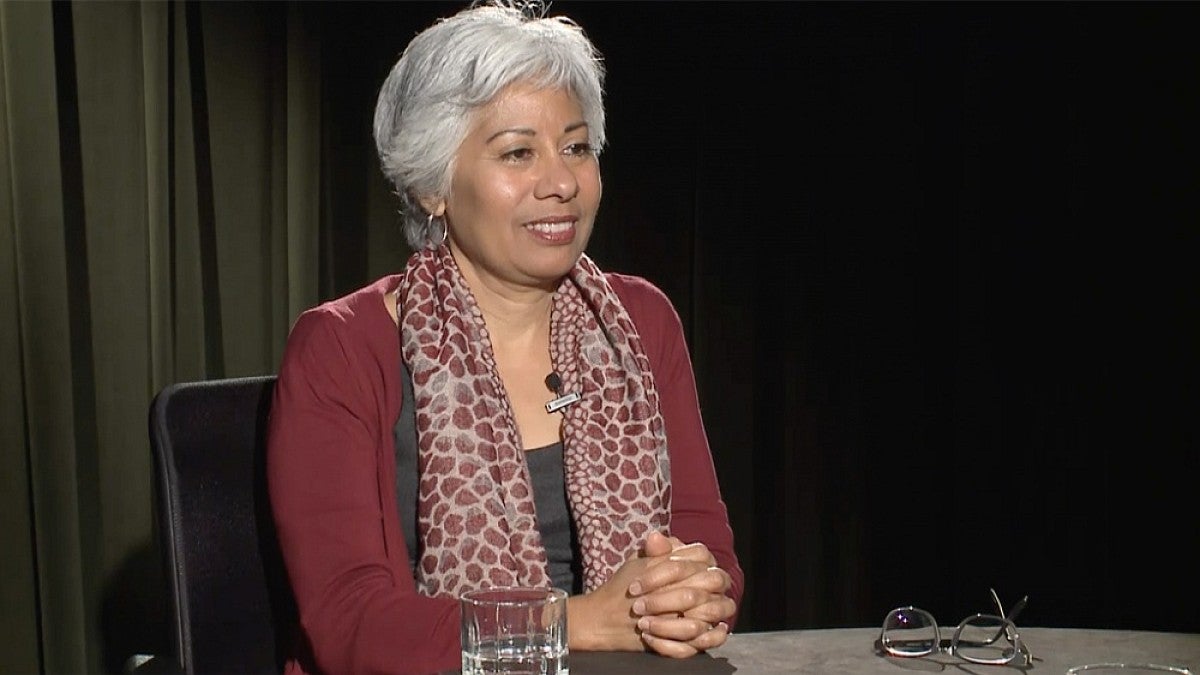The newest episode of “UO Today” features Laura Pulido, a UO professor of ethnic studies and geography who discussed the intersection of the two disciplines.
Pulido is a self-described scholar activist who started work at the UO this fall. She talked about her research interests in critical human geography, political activism and social movements, environmental justice, and Chicanix Studies.
“If you think about race and racism and racial structures and hierarchies, they’re very spatial processes, right?” she said. “They vary by region; they’re created by place. We experience race and racism in location.”
She also discussed why geography has been — or once was — a historically white area of study. She explained that geography was important to colonial projects and empire-building activities, and that with that came a set of racist presuppositions attributing poverty and inequality to ethnic characteristics shaped by environment.
“I think one of the reasons the United States faces such high levels of racial conflict and violence is because we have not dealt with the truth of our past,” Pulido said, speaking about her future research focus. “I’m deeply committed to popular education projects which try to foreground this and provide evidence and context for the larger population to begin to deal with the truth of the violence on which this country was based. Until we build with that, I don’t think we can ever reach a state of racial justice.”
The interview also covered Pulido’s political activism and how it complements her scholarly work, how race and class interact and the importance in involving students in research projects.
For more, watch the interview on the UO Today channel.
“UO Today” is a weekly half-hour interview program hosted by Paul Peppis, a UO English professor and director of the Oregon Humanities Center. Each episode features a conversation with UO faculty and administrators, visiting scholars, authors or artists.
It is produced by the Oregon Humanities Center in collaboration with UO Libraries’ Center for Media and Educational Technology. An archive of past interviews is available on the Oregon Humanities Center’s website or on their YouTube channel.
—By Sarah Eddy, University Communications


